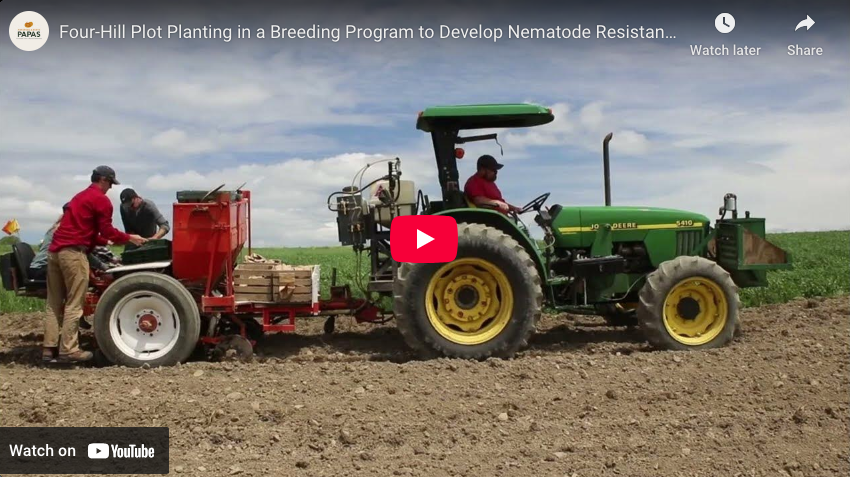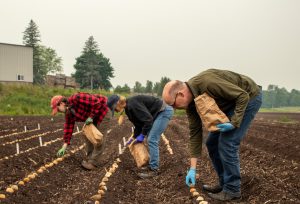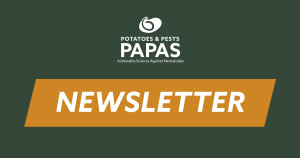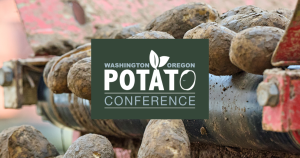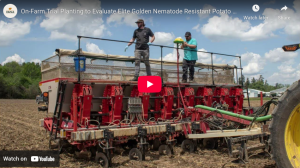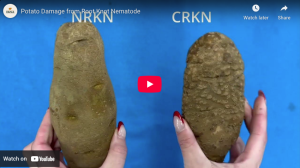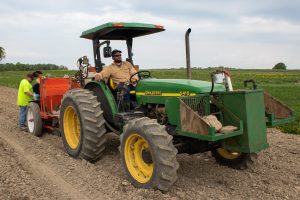Four-Hill Plot Planting in a Breeding Program to Develop Nematode Resistant Potato Cultivars (Video)
PAPAS potato breeders work towards developing cultivars that are compatible with growers’ production systems and resistant to nematodes. To reach this goal, each breeding program evaluates thousands of new clones annually.
Due to the large volume of clones, the Cornell Potato Breeding Program prioritizes selection for agronomic traits in the first couple of generations before allocating resources to DNA marker screening for nematode resistance genes. This video covers how the first and largest generation of selection (four-hill plots) were planted in the 2024 growing season.
Planting this quantity of tubers requires careful organization. Watch the planting process organized by Dr. Walter De Jong and Matt Falise, Cornell University School of Integrative Plant Science, Plant Breeding and Genetics Section.
One of the goals of PAPAS is to accelerate the development of potato varieties with nematode resistance. Our team of researchers screens existing potato germplasm for new and previously identified sources of nematode resistance and combines them with economically important traits in new potato cultivars.
Video by Pia Spychalla, Ph.D. student at Cornell University.

